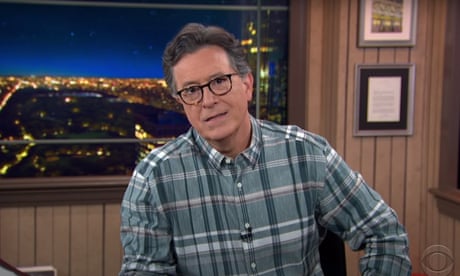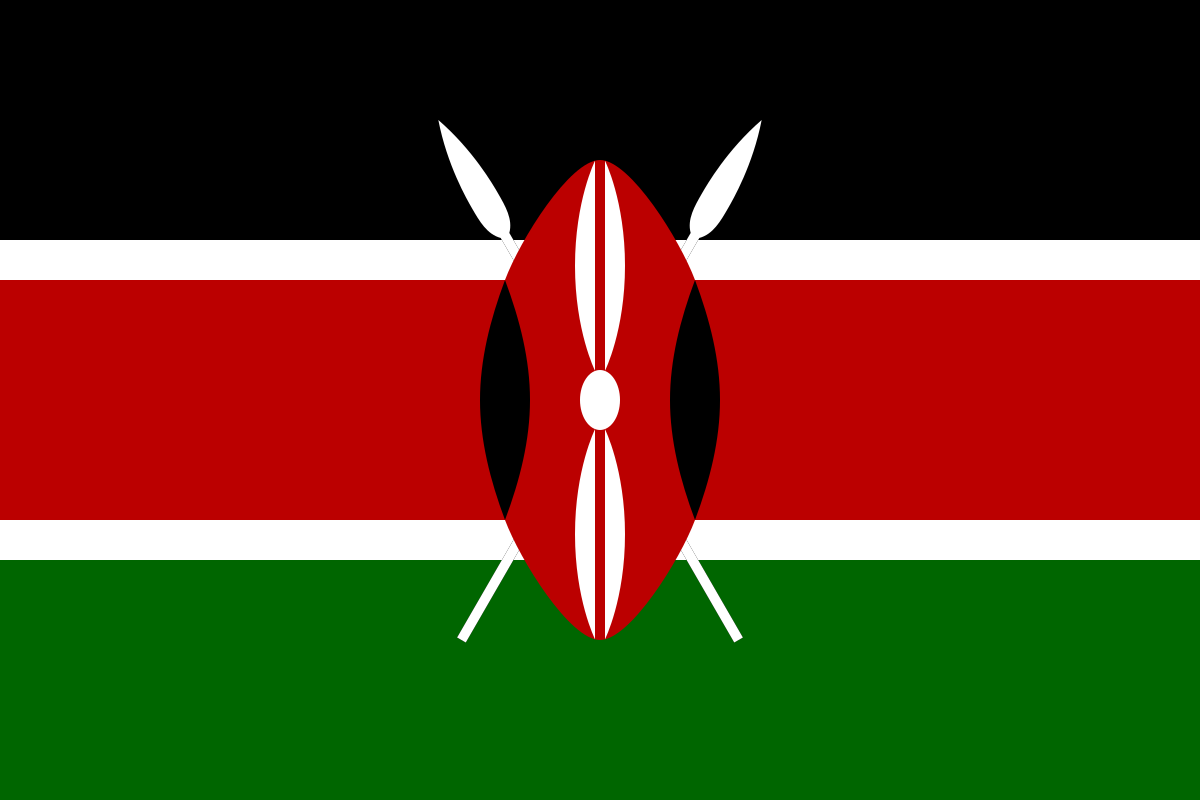Trevor Noah
On Late Night, Trevor Noah cautiously dug into one of the thorniest topics in international relations: the conflict between Israel and Palestine, which in recent weeks has escalated into some of the most deadly violence seen in Jerusalem in years. “Even saying that sentence means I’m losing followers online and I’m on the verge of being blocked in all social media and in life,” Noah opened. “That’s how contentious this topic is.”
“But guys, we have to talk about it,” the host continued. “Because this is one of the most difficult stories that have existed in our lifetime.”
Tensions in the region have boiled over in recent weeks after Israeli forces evicted Palestinian families from their homes in East Jerusalem and injured more than 100 people in a raid at the al-Aqsa mosque using teargas and rubber bullets. Hamas, the terrorist group based in the Gaza strip, then fired more than 200 rockets at Israel – almost all either falling short or stopped by Israel’s missile defense system; Israel’s bombardment in response has killed dozens of Palestinians, including 14 children, according to the Gaza health ministry.

“What makes Israel-Palestine such a difficult topic to even broach is all the layers that are packed into it,” Noah explained. “No matter how much you try and break it down, people are always going to say that you’re leaving out some crucial piece of context. And you know what? You’re probably right.” The origin of blame and conflict shifts depending on the timeline, he added, going back and back and back.
“I don’t want to have that argument and the noise that goes back and forth on this thing because, honestly, I don’t know that any TV show in 10 minutes is going to come close to solving Israel-Palestine,” he said. “Ten minutes isn’t even enough time to explain the Mortal Kombat conflict. So I’m not even trying to come in and do that.”
“Personally, I cannot watch that footage and hear those numbers and see a fair fight,” Noah said. Given that Israel has one of the most sophisticated missile defense systems in the world, Noah posed what he called an “honest” question: “If you are in a fight where the other person cannot beat you, how hard should you retaliate when they try to hurt you?”
Noah advanced an admittedly imperfect analogy about differences in power, and likened the weapon imbalance to bringing a knife to a gunfight. “What’s the right response? Everyone has a different answer to the question,” he said, referring to Israel. “And I’m not trying to answer the question, nor do I think I’m smart enough to solve it. All I’m asking is: when you have this much power, what is your responsibility?”
Stephen Colbert
On the Late Show, Stephen Colbert recapped scandalous details from a new book about the Trump family’s tight relationship with the Secret Service. Zero Fail: The Rise and Fall of the Secret Service, by the Washington Post reporter Carol Leonnig, alleges that members of the Trump family got “inappropriately close” to Secret Service agents.
Vanessa Trump, ex-wife of Donald Trump Jr, started dating one of the agents, Leonnig reports. “I’d say that’s unprofessional, but it wasn’t secret, and I’m guessing someone was being serviced,” Colbert joked.
Additionally, the “marginally sentient spray-tan in the Oval Office”, as Colbert put it, was “consumed” with getting overweight Secret Service agents removed from their posts. “He was particularly upset with the agent they posted in his mirror every morning,” Colbert joked.
“That wasn’t the only complaint from the oaf in office,” Colbert added, as Trump reportedly also proposed a multimillion-dollar renovation to dig up and replace all the lowered gates, because he hated the bump he felt when his limo drove over them.
“I’m surprised the former president couldn’t handle that,” said Colbert. “Rumor is, Don Jr loooooves a little bump.”
Jimmy Kimmel
And in Los Angeles, Jimmy Kimmel mocked the $500m super yacht reportedly commissioned by the Amazon CEO, Jeff Bezos, which is so big it requires a support yacht with a separate helipad. “This is like the billionaire version of having a second fridge in your garage,” said Kimmel. The super-yacht will be 417ft long – “it’s so big the Suez Canal would get stuck in it.
“Jeff Bezos made $75bn last year. He makes more money every second than the average American worker makes in a week,” Kimmel added. “Every minute, he makes more than three average workers make in a year. When he walks by ATMs they just start shooting out money like confetti.”
In other news, “here in California, Caitlyn Jenner is learning that running for governor isn’t exactly like running in the Olympics,” Kimmel said. The reality star is polling at just 6% for the recall election after a string of public gaffes. Most recently, Jenner admitted she didn’t vote in the past election because she “couldn’t get excited” about any of the propositions and chose to go golfing. “Instead of voting, she played golf – maybe she should be running for president instead,” Kimmel joked. By Adrian Horton, Guardian








